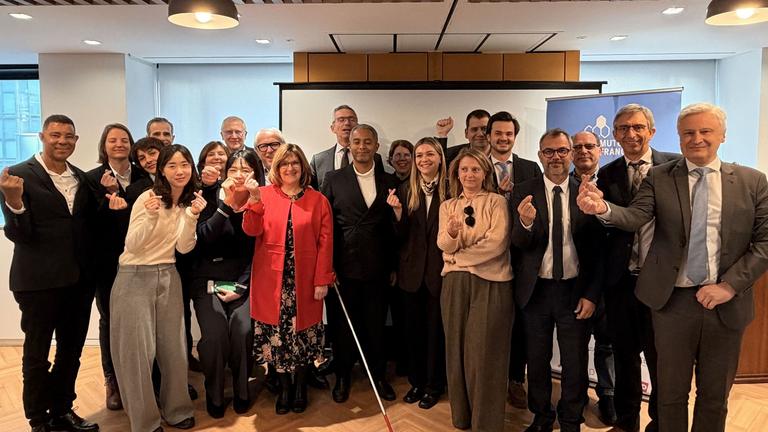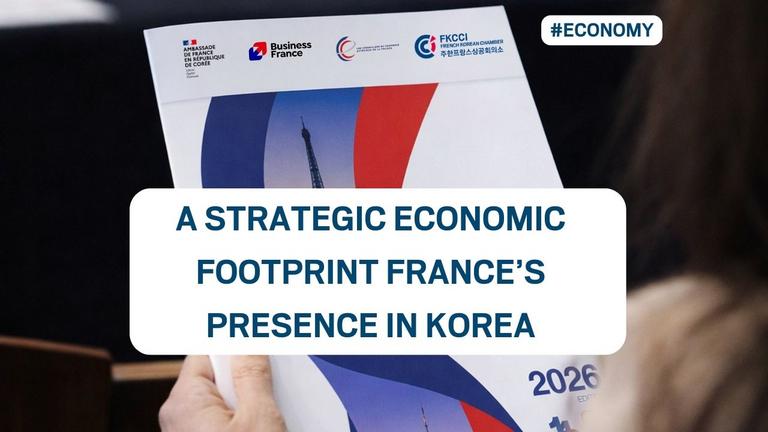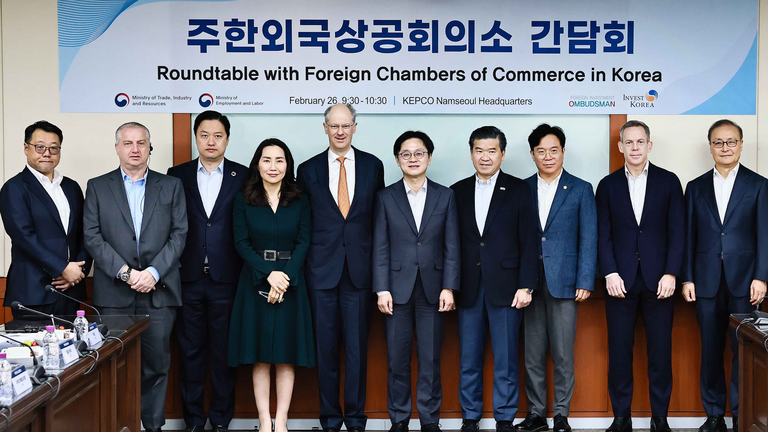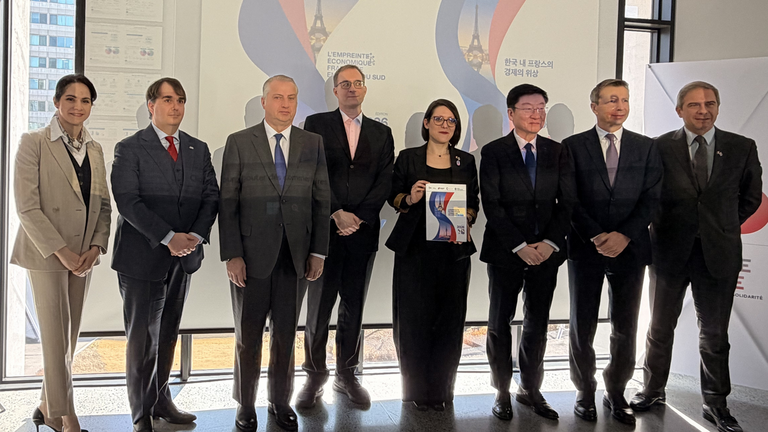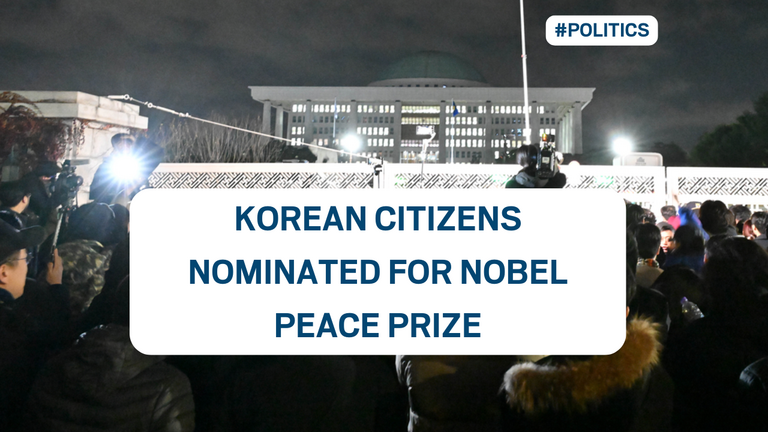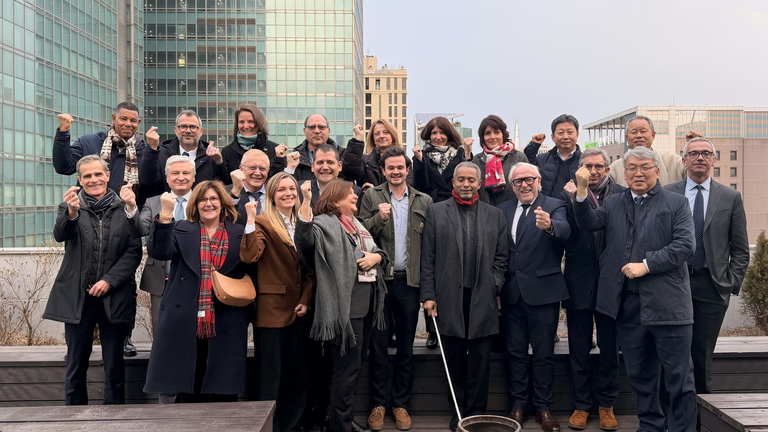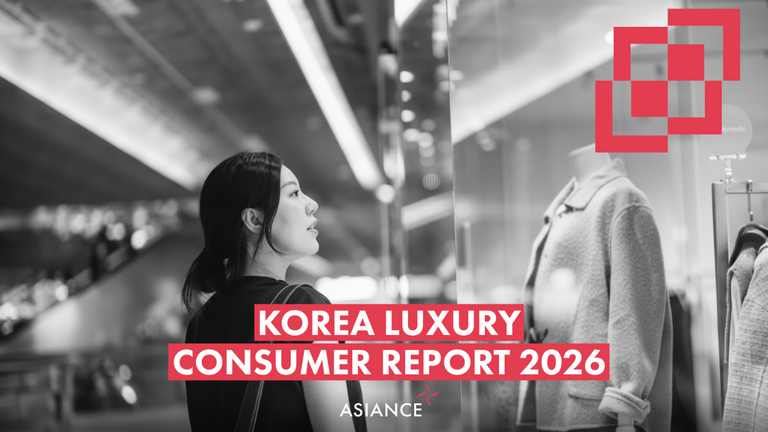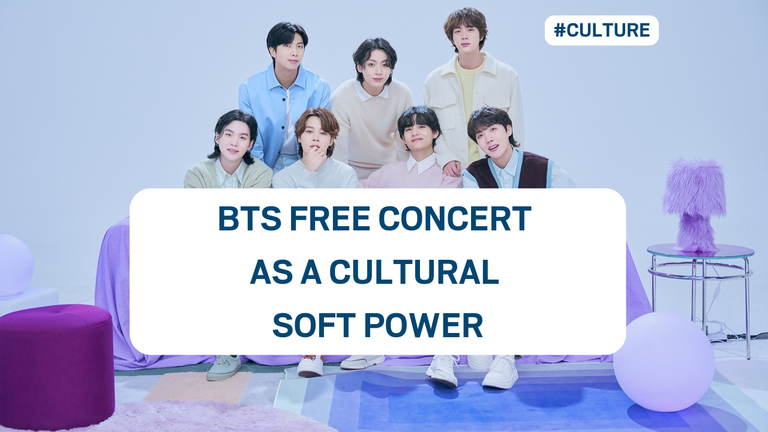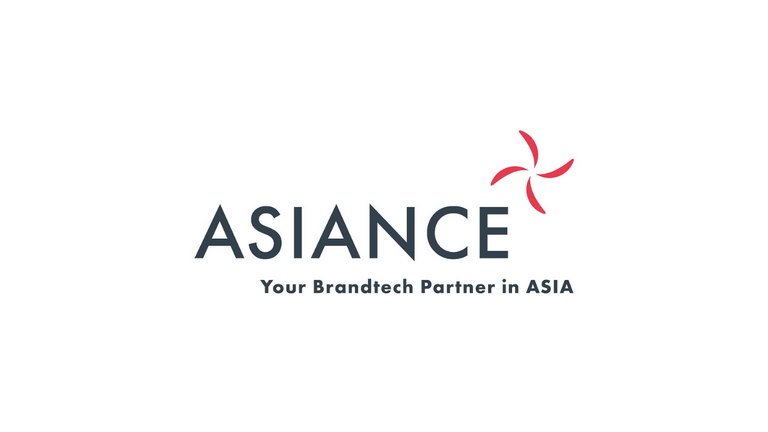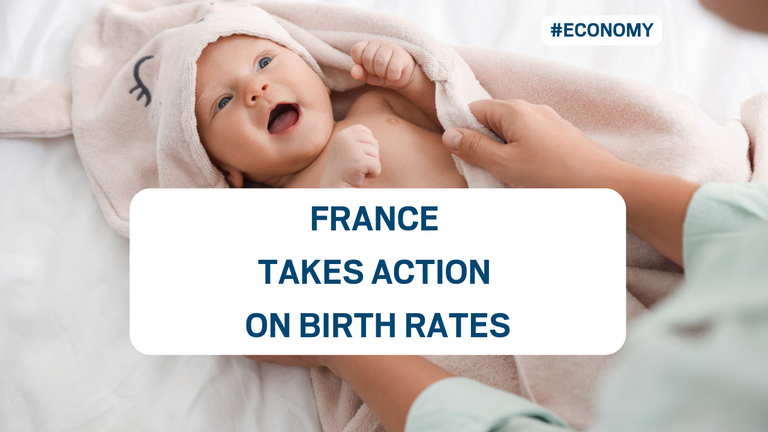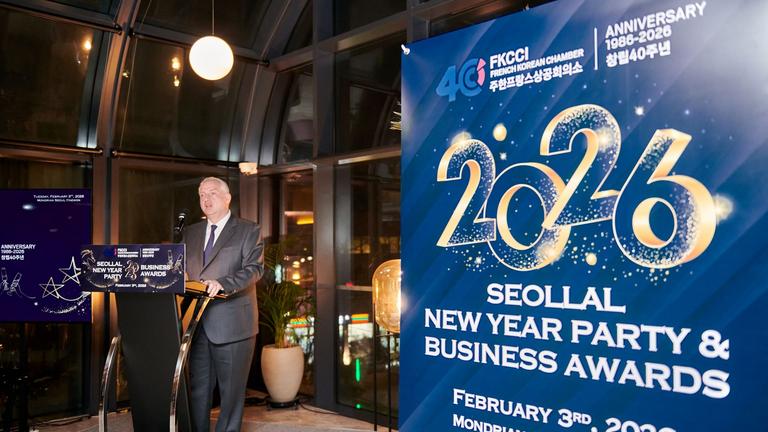Webinar • Bilans d’évènement
[Webinar] First-hand buyers to second-hand buyers in luxury markets with the Boston Consulting Group
On January 29 2021, the FKCCI organized a webinar on the relations between first-hand buyers and second-hand buyers in the luxury markets in Korea.
The webinar was introduced by Daniel Mayran (Bluebell Korea, Head of FKCCI Luxury Committee) and Cédric Legrand (Managing Director of FKCCI), before Jiyeon Song (partner at Boston Consulting Group) gave her expertise on the matter.
This is a hot topic among luxury and fashion companies: what is the impact of second-hand retail and its consequences on the first-hand market. Mr. Daniel Mayran recalled that second-hand market will reach $51 billion within the next 5 years. Among it, luxury resale represents $24 billion. This phenomenon became increasingly important because of Covid-19. Customers are expecting better prices, a better turn-over and environmental benefits, as Mr. Mayran analysed.
To go more in-depth, the French-Korean Chamber of Commerce and Industry also welcomed Jiyeon Song, partner at the Boston Consulting Group (BCG) specializing in consumer goods, e-commerce and the strategy of luxury companies in Korea.
Ms. Song based her analysis on BCG’s 2020 study of second-hand fashion trends and perspectives. She recalled how second-hand luxury market has been growing very fast over the last few years globally, despite the fact it still represents only 2% of global fashion second-hand market. Indeed, consumers' behavior seem to change. A BCG survey on buyers on the second-hand market shows that 25% purchased a second-hand market product in 2019 (+1% compared to 2018). Most of these customers are Millennials and Generation Zs, Ms Song noticed. Over the last 3 years, the growth rate for millennials and Gen Zs consumption was +28%. According to her, these growing trends can be explained by a greater affordability of such products, the higher environmental consciousness of the youth and the fun brought by a “chase your unique piece of clothes” experience. More than a new trend, it turns out to be a new buying philosophy.
Concerning the Korean second-hand market, the growth is even more important. It is worth now more than $20 million. Out of this, fashion takes the biggest portion. However, by taking a closer look at the growth rates, we notice luxury market is the leader in Korea. As Ms Song explained, the most expensive products in fashion have a higher growth rate, because of a smaller penetration rate, leaving better perspectives of growth ahead than other markets.
Jiyeon Song also put an emphasis on the evolving buying habits of Korean Millennials and Gen Zs, who are favouring SNS based e-commerce platforms, and the development of the “flex culture”. The impact is twofold: buying on the second-hand market is more accepted, as long as it remains fashion trendy and it boosts buying platforms similar to SNS platforms (like Instagram or Facebook). Therefore, platforms that have no online DNA are going down (GUGUS, KOIBITO), compared to more sophisticated and easily-accessed buying platforms like ThredUp or Poshmark, which already exist in Europe. New services are also included in the buying process, like authenticity tests (TheRealReal) and better trained sales teams, which provide better description of a product, since it is bought 100% online.
In the future, the consultant forecasts a growing development of second-hand luxury market, because of the impact of Covid-19 on buying habits. Indeed, Boomers and Gen Xs are expected to have been initiated to these new buying habits by their Millennials and Gen Zs relatives, being limited on their in-person buying possibilities during the pandemic. On top of this, comes the feeling of “safety” that gains fist-hand market buyers, knowing there is a possibility of reselling a product in case the consumer is not satisfied. Even though second-hand market products are not the same as the ones purchased on the first-hand market, the latter is expected to benefit from the development of the first one, with real C2C (Consumer to Consumer) experience-based platforms.
